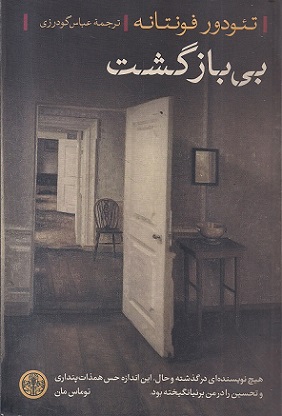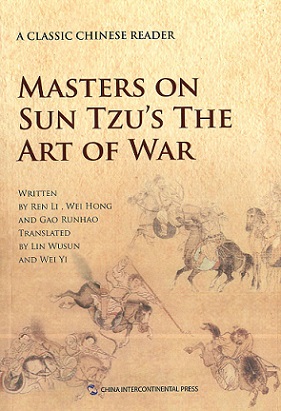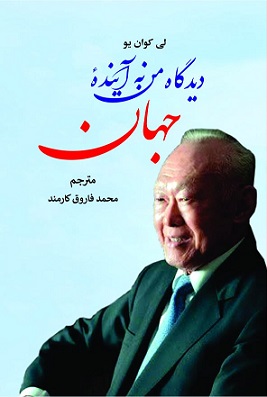Masters on Sun Tzu`s The Art of War, A Classic Chinese Reader
The chapter of Making Assessments discussed the top-level strategic planning before war. Sun Tzu believed that war is a question of vital importance to the state. It requires careful research, deliberate planning and discreet decision-making. Making Assessments discussed two major issues related to war: the decisive factor of the outcome of war and the guiding principle of commanding in war. These are the basic questions of any military theory and also the foundation of other issues related to war. Sun Tzu’s answers to the questions embody his basic understanding of war and the guiding principles of commanding in war. They are the standing points of his military theory. How to Plot A War: Decision-making in the Imperial Court In ancient China, the place where kings worshipped their ancestors was called “imperial ancestral temple”. It also referred to the imperial court where all military and political events were discussed and decided. This kind of discussions and decisions are called “decision-making in the court”. In the ancestral temples with memorial tablets of past generations displaying, the decisionmakers plotted strategies for wars in solemn and respectful atmosphere. This embodies the prudence and discretion of ancient Chinese toward war. According to Sun Tzu, war is a question of vital importance to the survival of a state and a matter of life and death. Hence, the decisionmakers must make deliberate and meticulous strategies and correct decisions in the court before taking any actions. Sun Tzu’s contrivance of decisions in the court include several sections such as the military strengths on both sides of the war, result forecasts of the war, and strategy-making during war. These decisions are similar to strategic decisions in modern warfare. Besides, Sun Tzu also discussed the issue of the implementation of strategic decisions. He argues that once the decision-making in the court is over the leader should appoint generals who can carry out these decisions and dismiss and replace those who cannot in order to ensure that correct military decisions will turn into successful military actions.
My Rating
You Have To Buy The Product To Give A Review
All Ratings
Related Books

لباب الالباب












